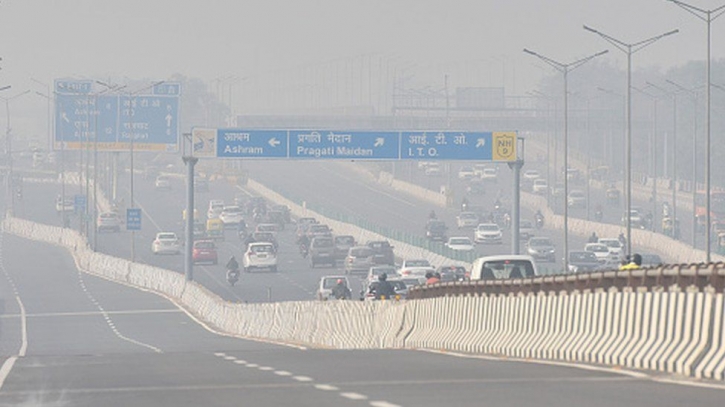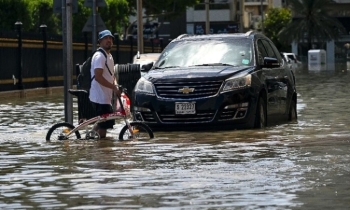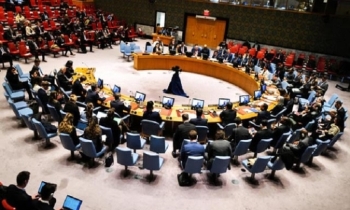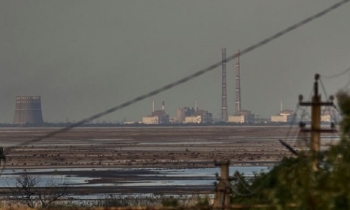Delhi pollution: Indoor air worse than outside, says study
BI Desk || BusinessInsider

Photo: Representational
India's capital Delhi has alarmingly high levels of indoor air pollution, new research has found.
The study found that the levels of PM2.5, the lung-damaging tiny particles in the air, indoors were "substantially higher" than those found on the nearest outdoor government monitors.
But despite that, most households have been unwilling to adopt defence measures, the report added.
Delhi city routinely tops the list of ‘world's most polluted capitals’, reports BBC.
The study by the Energy Policy Institute at the University of Chicago (EPIC), conducted between 2018 and 2020, surveyed thousands of Delhi households across varying socio-economic backgrounds and found that rich and poor households were equally affected.
Researchers said high-income households were 13 times more likely to own air purifiers than low-income households. Yet, the indoor air pollution levels in those homes were only 10% lower than those living in disadvantaged settings.
"In Delhi, the bottom line is - whether someone is rich or poor, no one gets to breathe clean air," said Dr Kenneth Lee, the lead author of the study. "It's a complex vicious cycle."
Official government data shows Delhi recorded its worst November air in at least six years, with residents not experiencing even one "good" day of air quality through the month. Schools were shut amid worsening pollution levels and the situation was so dire that it also prompted a stern warning from India's Supreme Court.
A mix of factors like vehicular and industrial emissions, dust and weather patterns make Delhi the world's most polluted capital. The air turns especially toxic in winter months as farmers in neighbouring states burn crop stubble.
And fireworks during the festival of Diwali, which happens at the same time, only worsen the air quality. Low wind speed also plays a part as it traps the pollutants in the lower atmosphere.
Yet, there is a low demand for clear air or adoption of defensive behaviours in Delhi households, according to the new report.
Researchers observed that even when people were offered a free trial of indoor air quality monitor to track pollution levels inside their homes, the take-up rates were low.
"When you do not know about the pollution levels inside your homes, you do not worry about it, and hence you are less likely to take corrective actions," said Dr Lee.
"Only with increased awareness, demand for clean air may gain momentum."







































